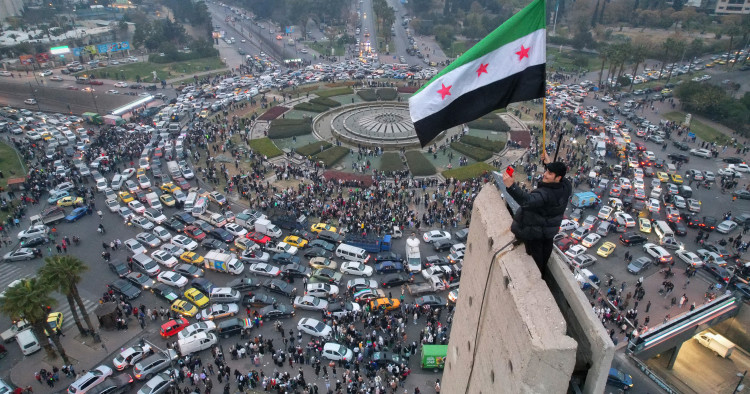Though the year is winding down, significant events continue to unfold throughout the Middle East and North Africa region, with wide-reaching consequences for residents, stakeholders, and US policymakers. As Israel's war against Hamas and Hezbollah expanded in Gaza and Lebanon, Syria's brutal regime was toppled, ISIS reemerged as a growing threat, and Iran's influence was diminished, the Middle East Institute offered penetrating insights and analysis while keeping readers informed about key regional trends, including Chinese influence operations and the consequences of regional developments on US politics. As we look to maintain our coverage of the fast-moving changes and events in the region in 2025, here are some of the most popular articles, reports, and briefs from 2024:
January
The ideological underpinnings of the Houthis’ Red Sea attacks
Nadwa Al-Dawsari
February
The road to war with Iran is paved with good intentions and serious miscalculations
Douglas London
March
Saied’s emerging economic strategy for Tunisia
Fadil Aliriza
April
Saudi-Houthi Agreement: Four Scenarios and Their Potential Impact
Ari Heistein
May
Human shields or shielding Israel from accountability?
Khaled Elgindy and Eyal Lurie-Pardes
June
Raisi's death underscores Iran’s instability and potential post-Khamenei destabilization
Marie Abdi
July
CENTCOM says ISIS is reconstituting in Syria and Iraq, but the reality is even worse
Charles Lister
August
Djibouti dodges scrutiny despite China, Iran, Houthi ties and links to illicit activities
Guled Ahmed
September
Pakistan’s shifting positions on the plight of Palestinians and relations with Israel
Syed Mohammed Ali
October
America’s Strategic Drift in the Middle East: An Assessment of the Biden Administration’s Policy One Year Into the Israel-Hamas War
Brian Katulis
November
How Donald Trump might tackle the Middle East in 2025
Brian Katulis and Athena Masthoff
December
Special Briefing: After Assad’s fall, what’s next for Syria and the region?
Charles Lister, Paul Salem, Fatemeh Aman, Meliha Benli Altunışık, Paul Scham, Brian Katulis
Photo by BAKR ALKASEM/AFP via Getty Image
The Middle East Institute (MEI) is an independent, non-partisan, non-for-profit, educational organization. It does not engage in advocacy and its scholars’ opinions are their own. MEI welcomes financial donations, but retains sole editorial control over its work and its publications reflect only the authors’ views. For a listing of MEI donors, please click here.













